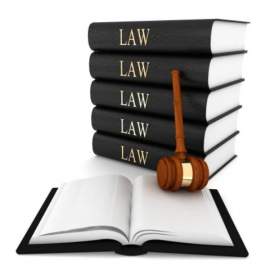
Factors of Importance

In order to determine whether a nuisance has occurred, and ultimately, whether the plaintiff should receive relief, there are several factors which must be considered. By definition, nuisance is a tort that interferes with a person's right to enjoy his property and maintain a comfortable lifestyle. Therefore, the most important determining factor is, if the defendant's actions actually constitute an interference. Also important, is the degree to which this interference effects the plaintiff. All property owners have a right to certain comforts. If the defendant's conduct interferes with basic comforts, such as the ability to sleep through the night, it is more likely that the defendant has committed a tort. For example, if the nuisance is a noise complaint, the time of day will be taken into consideration. If the defendant's dog barks incessantly all night long, the plaintiff is more likely to collect than if the barking occurs during the day while the plaintiff is at work. Nuisance law also weighs the interests of the defendant. If the alleged nuisance occurs when the defendant is attempting to perform normal, daily tasks, then it is not likely to be considered a nuisance at all. In order to be considered a nuisance, the defendant's actions must be continuous. If the behavior occurs very infrequently, such as a one-time party, the behavior is not a tort; if it occurs one a week, then the plaintiff is more likely to be compensated. Situation is very important in determining nuisance. For example, if a plaintiff complains of loud noises by the defendant, it is more likely to be considered a nuisance if it occurs in a rural area where that type of noise is very uncommon. In a heavily populated, urban area, the plaintiff's complaint may not constitute a nuisance. Nuisance law also factors in any sort of attempts by the defendant to minimize the complained of behavior. If the nuisance is connected to a business, the courts will consider if the business has the necessary means to remove the nuisance, or if removal of this behavior would prove detrimental to the business. In this case, the courts may impose monetary compensation by the defendant as opposed to an injunction.



















